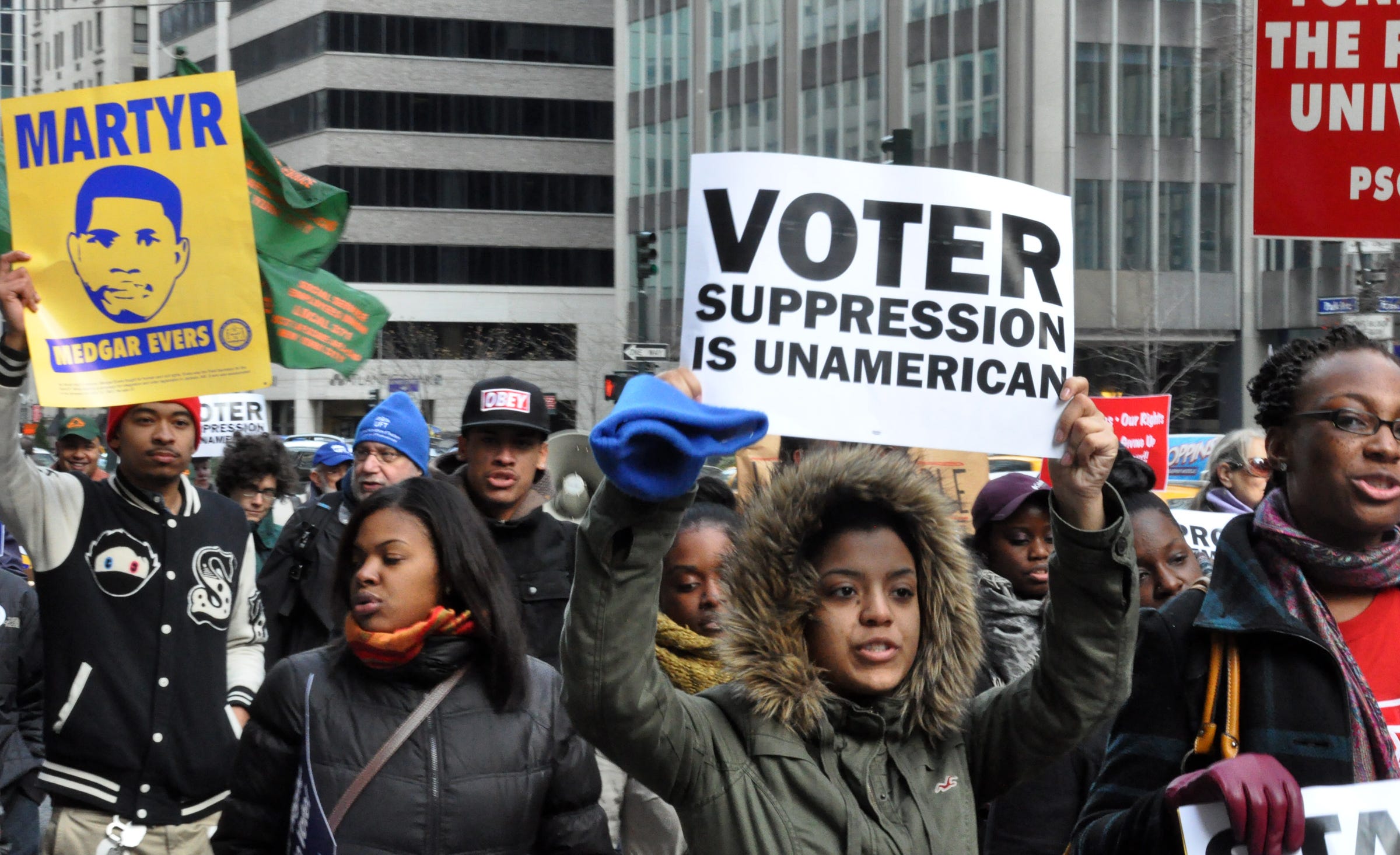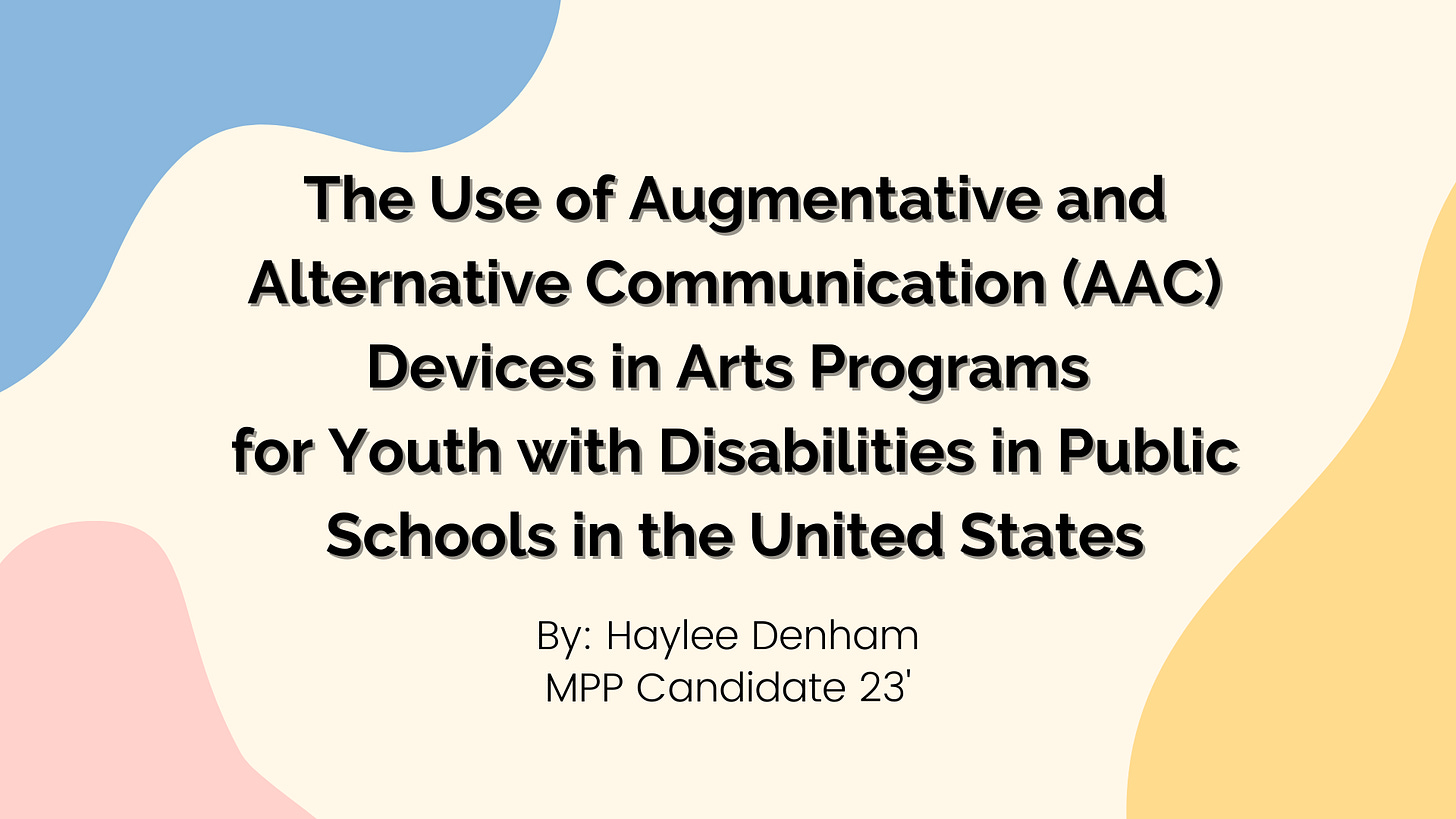👋 Welcome to the first issue of the Open-Air Journal. We’re a small team of Heller students who love seeing, listening to, and sharing the brilliant work of our classmates and alumni. We hope you’ll celebrate the more than 20 contributing writers and artists for this inaugural issue. We hope to share a new collection each semester, so subscribe to the newsletter and our Twitter.
If you would like to contribute, we are accepting submissions for our special Summer edition that highlights LGBTQ+ topics, stories, and creativity. All current Heller students and Heller alumni are welcome to submit their work!
Enjoy!
The Open-Air Journal Team
We Are More Than Our Ethnicity
By Lisa Thorn
Lisa Thorn is a master of public policy student. This personal reflection one year after the mass shootings in Atlanta that killed 8 people, including 6 Asian American women, begins our first issue during Asian American and Pacific Islander heritage month.
Islam and Women's Rights in Bangladesh: An analysis of challenges to achieve women's rights
By Sabikun Naher
Bangladesh is pulled in different directions by the state’s interpretation of Islam and its legacy as a secular republic. Sabikun Naher explains how this conflict leaves Bangladeshi women disadvantaged.
Mediation for an Inclusive Peace Dialogue
By Neh Meh
Neh Meh is a dual degree masters student in Sustainable International Development and Conflict Resolution and Coexistence. Myanmar is a culturally diverse country gifted with rich natural resources that have been a source of conflict and violence. The tensions have exacerbated political strife again in 2021 and continue to cause an ongoing civil war that prevents the country from obtaining sustainable peace.
Why We Must Protect the Vote at All Costs
By Miriam Berro Krugman
Miriam is a dual master of public policy and business student. Protecting our vote is more imperative than ever to promote a democracy that represents us all.
Fearing Fascism: How Karl Polanyi Can Help Us Understand the Rise of Trumpism
By Charlie Estes
Is Donald Trump a fascist and what explains his sudden rise to power? Charlie Estes systemically analyzes this question using economist Karl Polanyi’s model of fascism.
Building beloved community through quantitative and qualitative change
By Mariela Martinez
We are numbers on a page Except Not everyone has the privilege of being counted. We are counted in installments When politically convenient and palpable We are not counted when our numbers challenge the party in power We are actively silenced Partitioned into Gerrys, our souls divided for their managing We are allowed to vote only when it is profitable Yet the freedom to vote should be the first and last pillar in equality The curtain of democracy holding chaos at bay I am tired of building a beloved community in installments Of scavenging for rights while they are violated elsewhere Of justice only being heard through data, and numbers instead of stories, testimonies, and lives The allegories of our lives the next plot twist in marvel’s eyes, dollar signs But in these vines, they say they hold the seed of life An intricate mandala being built with the sands of time, a promise of a beautiful design John Lewis called voting a nonviolent tool for democracy, but the ballot box is agony A test of our metal, any sign of aggression and we are imprisoned, deported, or shot Even in our absence we are erased. Yet there is a fierce urgency of now A horizon beyond the final eclipse the Aztecs foresaw Glimmers of community withstanding the cold, footprints in the snow 800,000 immigrants in New York city allowed to vote A turning of the tide or another installment to wet our appetite -- Por tierra o por agua Con nuestra identidad en bolsa Nosotros brincamos muros y construimos un castillo Por un destino un cambio que no sera vencido What is the quality of change? Do we measure change in quantities? Breathing in an installment to prevent a withdrawal Or are we on the brink of herd immunity? A glowing constellation of stars awakening across the shining sea No longer being okay with being fed these portions Demanding a new foundation, justice for all, now If you are on this ground, you deserve a say, no status should dim your voice, always a choice An infinite hope lighting the staircase of our home Justice for all, once and for all.
Original poem by Mariela Martinez, MPP
Transfer: Chapter 1
By Anonymous
Far from home, transfer student Jake trades misery for uncertainty. It's a chance to reinvent himself...If he can overcome his fears.
Put Me in Vogue, That’d Be Revolutionary
By Sierra Dana
Follow Sierra Dana’s personal journey through gender identity and queer theory. Using the social constructs of masculinity and femininity the revolutionary nature of Harry Styles’ Vogue cover is called into question.
No Safety, No Security, No Savior: A Review of Officer Involved Domestic Violence and its Relationship to Gender Based Violence
By Brian Stanley
Police officers are the first responders to domestic violence but 28-40% of them have committed acts of violence or abuse on their own partners. Brian Stanley explores this alarming dynamic through the lens of gender based violence and scrutinizes police culture that protects abusers in their own ranks.
Thrive together as Brothers and Sisters or Perish together as Fools: Exploring Solutions to Mankind and Societal Problems through Nonviolent Means
By Francis Ojok
Francis Ojok is a masters student in the Conflict Resolution and Coexistence program. The article examines principles of Kingian nonviolence, rooted in the experiences of Martin Luther King Jr. and Gandhi. It’s an especially thoughtful framework for our modern-day conflicts and creates much needed vocabulary for a more peaceful coexistence.
Climate Change Talk with Sydney and Aimable
By Syndey Henderson
Over the course of the Fall 2021 semester, Sydney and Aimable researched climate change threats in the Northern Regions of Ghana. In this episode they discuss their findings and recommendations for the communities, the government, and NGOs. Enjoy this deep dive into the five regions of Northern Ghana as they discuss the impacts, the response, and the way forward.
Statistics vs. Big Numbers
By Ben Cooper
Ben Cooper is a dual master of public policy and business student. Join his conversation about climate change and the importance of choosing the best data to represent the problem.
Tourism Won't Save Us: Interrogating the Relationships between National Parks and Rural Communities
By Catherine Gooding
Are National Parks boons or burdens for the communities that surround them? In this paper, Catherine Gooding explores how destination tourism affects and interacts with the economic, social, and civic life of the host communities of these idyllic parks.
Defining and Addressing Affordable Housing in Rural America: Potential Solutions and Recommended Actions
By Lydia Slocum
This paper considers the issue of housing unaffordability in rural America and how this issue interacts with the economy, race, and culture. Creative solutions like cooperative ownership of manufactured home parks and expansion of rural development programs may alleviate the problem.
Expand Transit Affordability, Expand Equity
By Corinne Thomas
A look at the MBTA rail system and the environmental injustice created by unfair zoning and pricing schemes.
Analysis of the Education System in Burkina Faso with a Focus on Non-formal Education
By Wendlamita Fatim A. Ouedraogo
Wendlamita Fatim A. Ouedraogo is a masters student in Sustainable International Development. Education is an important tool for socioeconomic development in Burkina Faso, however there are large disparities in quality education. The Education for All movement contributes toward increasing informal education as a way to deliver inclusive and comprehensive education.
Community Colleges Were Asked to Do More With Less Before and During COVID, They Should Be Prioritized in States’ Pandemic Recovery Efforts
By Rachael Conway
Because they serve the greatest proportion of low-income college students, community colleges can help get people back to work and increase economic mobility in the post-COVID-19 world. As states strategize for an economic recovery from the pandemic, they should center this vital sector in their plans.
This infographic breaks down challenges faced by children with disabilities and how anything from simple to complex devices can provide them greater access to arts programs and creative forms of self expression.
A Disability Crash Course: I'm the One Crashing
By Meghan Gragg
An honest and personal account of living with disabling conditions and the challenges that manifest within the Brandeis campus.
Military Mental Health Checkup: The Failure of Individualized Responsibility for Servicemember Healthcare
By Jeffrey C. Arnold Jr.
A review of military regulations that stigmatize mental illness and what can be done to improve access and participation in quality treatment and preventative care.
Is Massachusetts Still a Leader in Health Reform?
By Alison Stevens
Undocumented and recent immigrants are often locked out of health insurance. Not only are they unable to access benefits like medicare and medicaid, they have significantly lower rates of employer-provided insurance - not because they work less, but because they frequently work jobs that do not offer insurance. This is a national problem. However, while Massachusetts does nothing to address it, other states are taking action.
2021: Reflections
By Michael Berger
We close out our first issue with Michael Berger’s reflections on 2021. While language, culture, and differences may feel all-consuming, we share struggles of identity, connection, and place.










